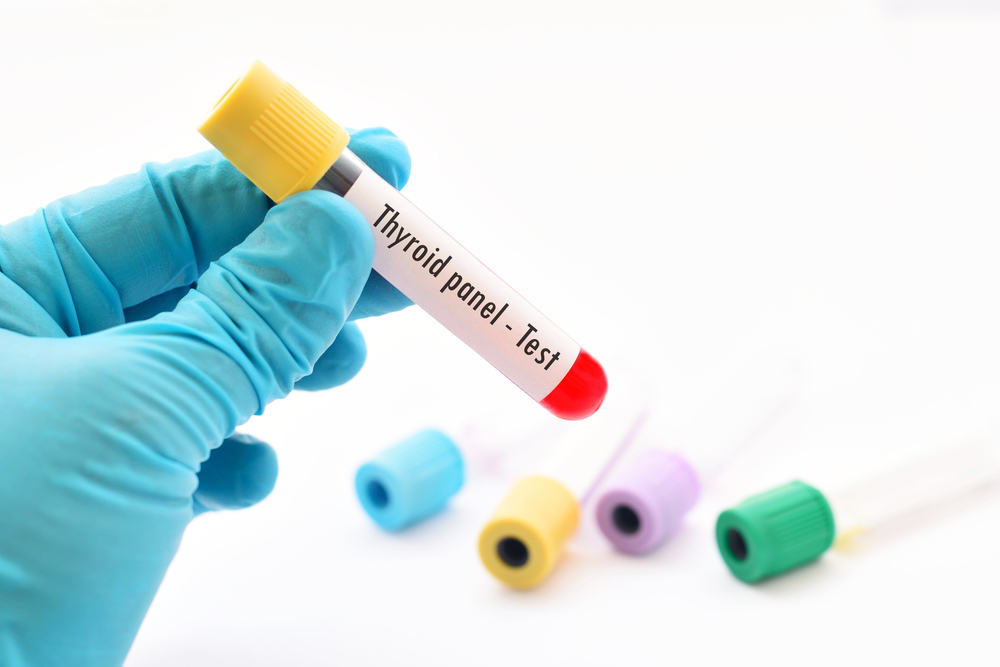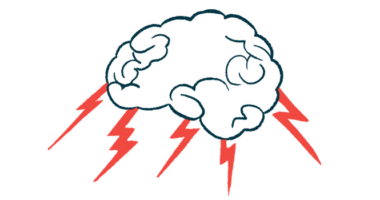Thyroid Hormone Imbalance May Contribute to Rett Syndrome, Study Suggests

Imbalance of thyroid hormones may contribute for the underlying biological mechanisms involved in Rett syndrome, results from a preclinical study suggest.
The findings, “Altered Gene Expression of Thyroid Hormone Transporters and Deiodinases in iPS MeCP2-Knockout Cells-Derived Neurons,” were published in the journal Molecular Neurobiology.
Rett syndrome is a genetic disorder characterized by mutations in the MeCP2 gene and progressive neurological impairment, and affects mostly girls. Several genetic mutations have been linked to key cellular features of Rett, which include reduced connectivity between nerve cells, aberrant neuronal cell maturation, and abnormally sized neurons.
Brazilian researchers and their collaborators at University of California San Diego recently found that MeCP2 mutations also can affect the levels of thyroid hormone receptors in patients with Rett syndrome.
Induced pluripotent stem cells (iPSCs) taken from a Rett patient or healthy controls were used to create neuronal cells. Of note, iPSCs are derived from either skin or blood cells that have been reprogrammed back into a stem cell-like state, which allows for the development of an unlimited source of any type of human cell.
A number of thyroid hormone receptors, such as MCT8, MCT10, LAT2, and OATP4A1, were abnormally expressed at different developmental stages in Rett neurons compared to matched healthy cells.
Researchers also found that the levels of a group of enzymes related to thyroid hormone metabolism, called deiodinases, were altered in Rett neurons, compared to healthy ones.
Supported by these findings, the team decided to further investigate the role of thyroid hormones in Rett syndrome.
Rett neurons were treated with the triiodothyronine (T3) hormone — one of the main hormones produced by the thyroid. This led to 1.9-fold increase in the levels of the DIO1 gene, which provides instructions to generate the Dio1 deiodinase enzyme.
Treatment with T3 also enhanced the production of synapsin-1 and MAP2 — two proteins essential for normal neuronal activity — in Rett neural cells by 25% (synapsin-1) and 54% (MAP2), compared to healthy controls.
Exposure to another thyroid hormone called reverse T3 led to similar results, with 27% and 43% increased levels of synapsin-1 and MAP2, compared to healthy controls.
“Thyroid hormones play a critical role in the physiology and development of the organism, and can regulate a number of pathways involved in the development and maintenance of the fetal, postnatal, and adult central nervous system,” the researchers wrote.
The team believes these findings “provide evidence that thyroid hormones influence and contribute” to Rett syndrome development. So, changes in thyroid hormone levels “could directly interfere with normal central nervous system development and function,” they added.






